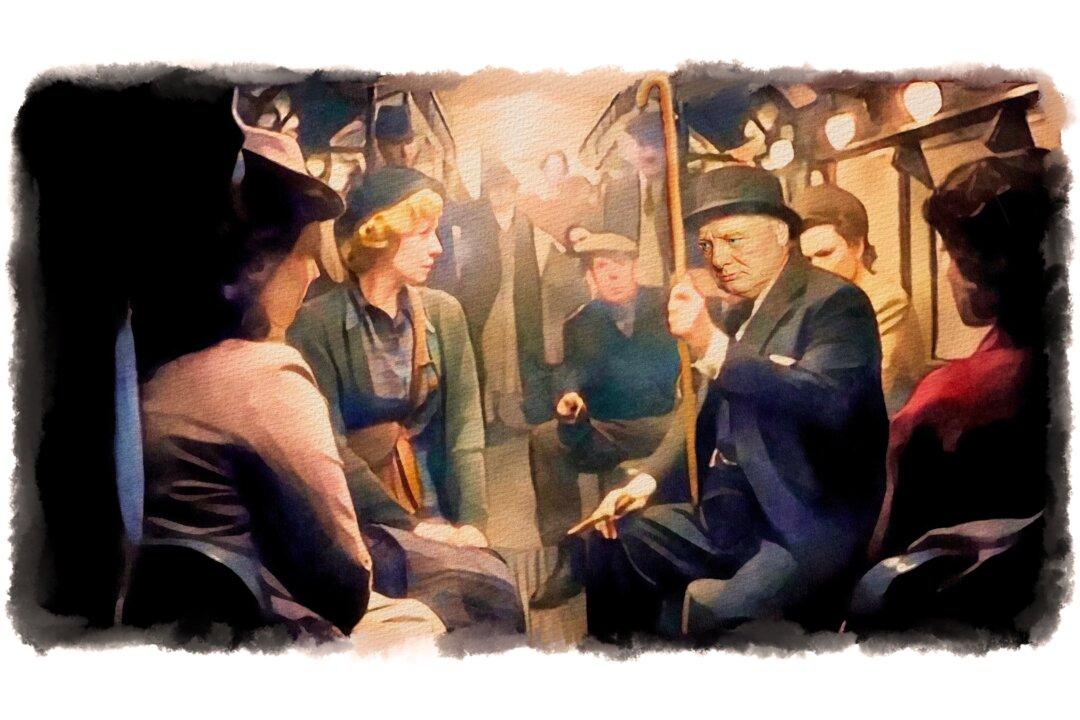When I recently opened a book of meditations given me by a friend, this line jumped at me from the page: “Desperation is better than despair.”
At first, this comparison confused me, as both desperation and despair seem synonyms for hopelessness. But as I thought it over, the distinction between the two became clear to me. Despair is the complete loss of hope. The night is black, there’s not a trace of moonlight, and dawn is never coming. The man or woman truly in despair has arrived at the end of a path, from which there is no turning back, and the way forward has vanished in a dark, impenetrable wood.






